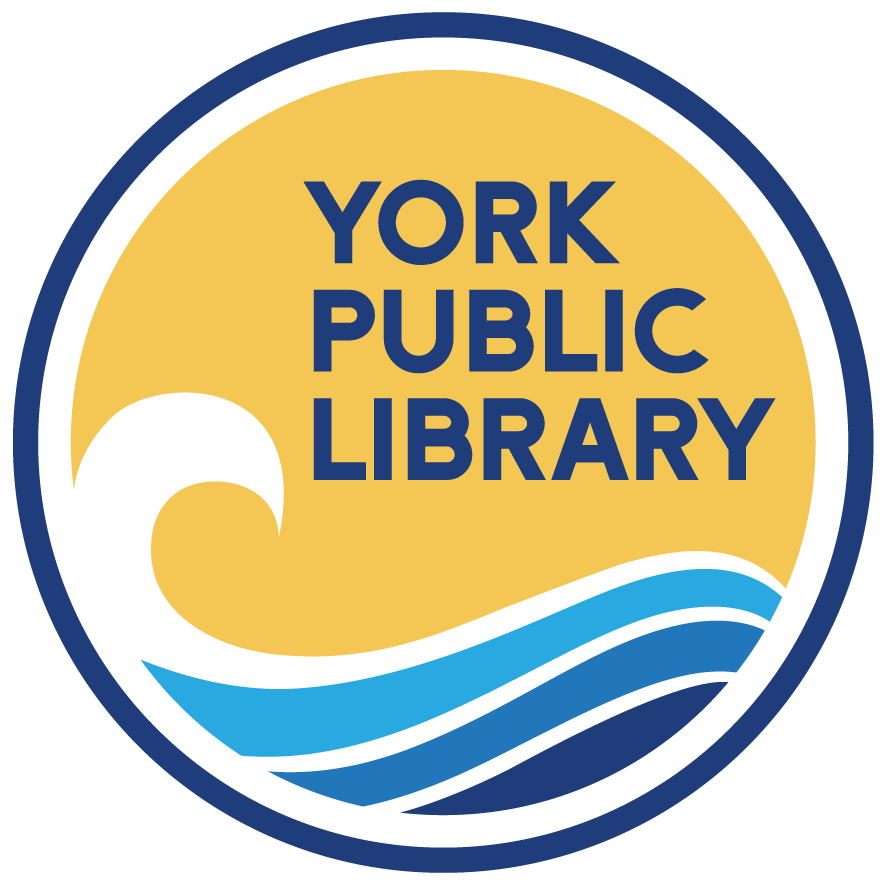I am a fierce believer in the role of libraries not only as purveyors of knowledge and understanding, but as places for communal civic discourse. Our nation is being torn apart by the recent horrific deaths of George Floyd, Breonna Taylor and countless others at the hands of police—the repercussions of which are rippling through major cities and small towns alike.
Each of us has our own way of processing these events and their aftermath, but if there exists a hope of combating systemic racism and oppression in our communities, it is first by seeking to understand the issues.
Were it not for COVID-19, we would throw our doors open wide for discussions, guest speakers, and community conversations about racial inequality and privilege. While the library can’t open its physical space to the public at this time, we are and always will be committed to providing our community with access to information to learn and grow. Our collection includes relevant writings from such brilliant authors as Dr. Ibram Kendi, Ta-Nehisi Coates, James Baldwin, Michelle Alexander, Robin DiAngelo, and many more. You can request these books via phone or on our website and we’ll bring them out to you, curbside. And, should those books already be checked out, you can access these and many more in eBook or audiobook form through the Cloud Library or Hoopla – all with your library card.
We recommit to elevating diverse and disparate voices by highlighting books, films, and other resources by and about People of Color and in the near future, providing programs and opportunities for discussion – all to challenge your thinking, broaden your understanding, help you assess your privilege, and work to be a better ally in the fight against injustice. And we’ll be reflecting right alongside you.
As affirmed by the American Library Association’s Equity, Diversity, Inclusion: An Interpretation of the Library Bill of Rights: “Libraries are essential to democracy and self-government, to personal development and social progress, and to every individual’s inalienable right to life, liberty, and the pursuit of happiness.”
It is in reading, listening, watching, writing, discussing, and educating ourselves about the centuries of circumstance leading to the murders of George Floyd, Breonna Taylor, Ahmaud Arbery, and so many others, that we can work toward creating a country where all are thought of and treated as equal no matter the color of their skin.
As Shola Richards so eloquently wrote in an essay shared more than half a million times on social media: “All lives can’t matter… until black lives matter.”
Michelle Sampson
Library Director
